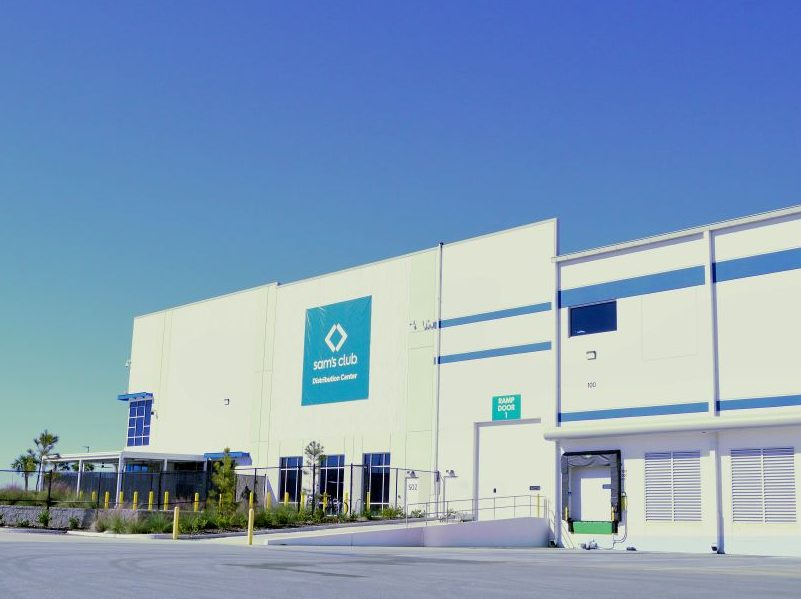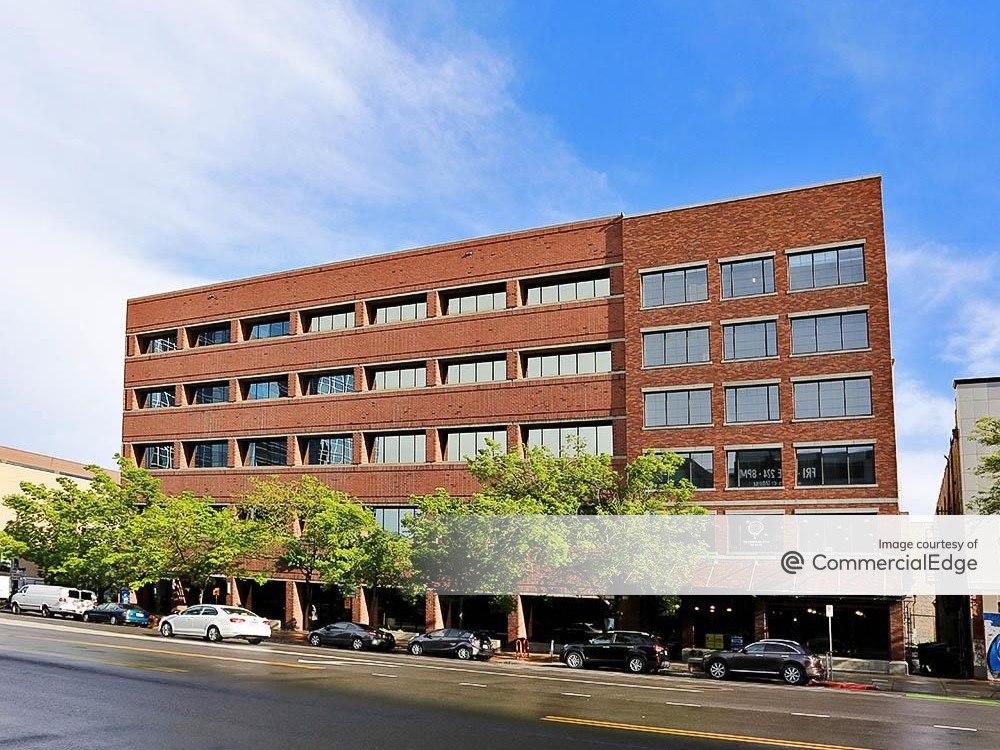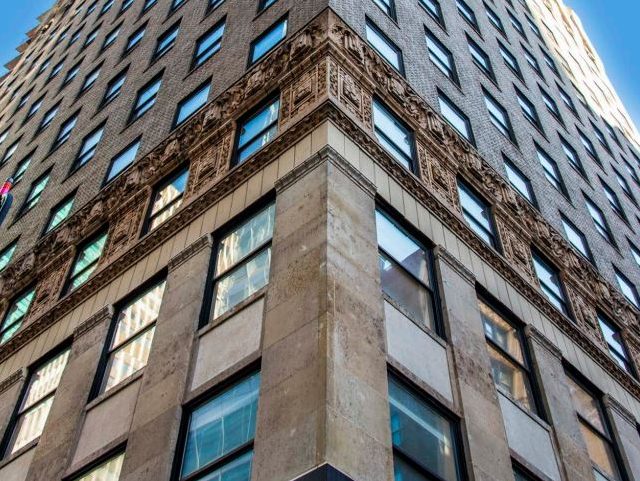Proptech Shows Recovery Signs Despite Drop in Investor Confidence
Proptech hasn't escaped the ravages of COVID-19, but the pandemic is sparking new advances in the space, according to MetaProp’s Mid-Year 2020 Global PropTech Confidence Index.
Proptech’s fast rise came to an abrupt halt amid the COVID-19 pandemic-induced turmoil as MetaProp’s Mid-Year 2020 Global PropTech Confidence Index indicates. However, even as the business of real estate technology experiences its own downturn—with investor and startup confidence dropping to lows not seen in four years—signs of recovery surfaced.
READ ALSO: CPE’s Coronavirus Coverage
The new Investor Confidence Index dropped to 5.9 out of 10, marking a year-over-year decline of 33 percent. The change in conviction, which had grown increasingly robust over the last few years, came as a result of decreased deal flow, extreme market volatility and political uncertainty. Looking ahead, only 33 percent of investors planned to make more investments in proptech, compared to the 64 percent who expected to increase investment activity at midyear 2019.
The decline in certainty among startups was just as palpable, with the Startup Confidence Index falling 35 percent over the last six months to 4.7 out of 10, due to the global downturn. One year ago, only 19 percent of startups expected it to be harder to raise venture capital over the upcoming 12 months; now a whopping 56 percent anticipated an increased challenge. Additionally, 21 percent of startups predicted that their space will be less competitive in the next 12 months, while only 5 percent took such a stance at the midyear point in 2019.
Examining the drastic change in six- and 12-month statistics, Aaron Block, the co-founder & managing partner of MetaProp, noted in an executive summary of the report that, “nevertheless, there is cause for optimism.”
Silver lining
According to MetaProp’s Mid-Year Confidence Index, produced in partnership with the Real Estate Board of New York and The Royal Institution of Chartered Surveyors, COVID-19’s detrimental impact on the real estate tech market’s health has been somewhat mitigated by the pandemic’s hastening of the real estate industry’s adoption of proptech. Among investors and startup founders, a respective 89 percent and 84 percent believed the coronavirus is accelerating the adoption of proptech. “This solidifies our belief that, although confidence levels are down in the short-term due to market volatility and the pandemic, long-term views around the adoption of proptech have never been stronger,” Block told Commercial Property Executive.
New technologies will emerge in proptech as a result of the coronavirus, but the real estate industry isn’t sitting idle, awaiting invention. “A lot of the activity currently underway is around existing technologies that are being tweaked for post-COVID-19 use cases,” said Block. He pointed to VergeSense as an example. VergeSense is a sensor-as-a-service platform for offices that, prior to the pandemic, were using artificial intelligence for space management and use cases like being able to facilitate close interactions between workers. “Those types of use cases have been completely sidelined in the post-pandemic world, but VergeSense is seeing massive demand for social distancing and room capacity use cases enabled by its sensor platform,” Block added.
No one could have anticipated the appearance and global spread of the coronavirus this time last year, but Block speculated about the impact of a potential economic downturn on proptech. Upon the release of the Mid-Year 2019 Global PropTech Confidence Index, Block told CPE that such an economic event would “put additional pressure on building owners, managers, developers and landlords to adopt proptech, and would make it increasingly important to find smart and creative ways to save time, money and resources.”
Read the full report on MetaProp’s website.









You must be logged in to post a comment.